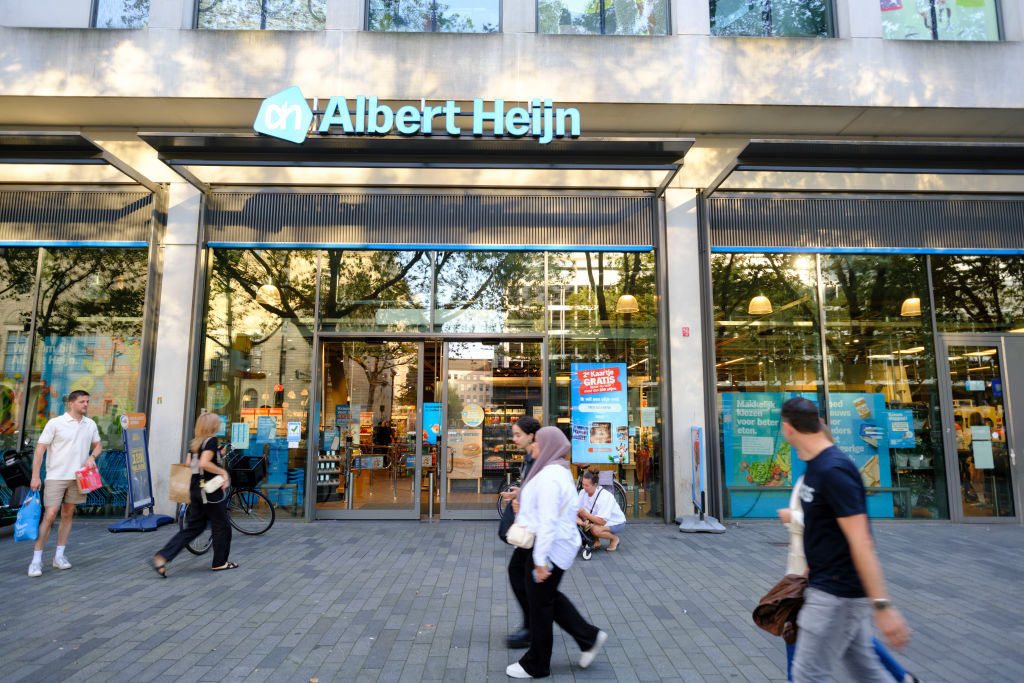The Netherlands branch of the radical environmental organisation Extinction Rebellion is suing the Dutch Government over hosing downs they received from police when they blocked the A12 motorway in The Hague.
The “green” extremists are demanding that law enforcement officers can no longer use water cannon during climate demonstrations on motorways. Extinction Rebellion announced that it will file summary proceedings against the State.
The action group’s lawyer Willem Jebbink called the deployment of water cannon “completely unnecessary and disproportionate”. He claimed protesters have been targeted with them when there was no threatening or dangerous situation.
Jebbink said the activists were bruising as a result of the force of the water they were hit by. He also noted that “protesters were asked to put their bags on their back to protect their kidneys”.
Waterwerpers staan extreem hard op de #a12 vandaag, demonstranten wordt geadviseerd hun tas achter hun rug te doen om hun nieren te beschermen #extinctionrebellion @NLRebellion pic.twitter.com/WfEl2LHjIP
— Kelli van der Waals (@KellivdWaals) September 23, 2023
“Of course, we would prefer people to demonstrate at the designated place. It is not that we like to use water throwers,” police said on September 23.
“But it is one of the few means we are allowed to use. You also want to de-escalate. We always progress first and ask people to leave.
“Only if that does not happen, water throwers are used and people are detained. It also has to be proportionate to the violence used by the other person. The baton is not allowed in these cases,” the law enforcement agency said.
That Extinction Rebellion is invoking the law may seem questionable given campaigning on Dutch motorways is prohibited and that the municipality said it had provided the radical activists with a specially allocated field for their protests.
The NGO Amnesty International (AI) had already claimed “the right to protest is under pressure” in the Netherlands, while the government was “reacting ever more drastically”. AI said the use of water cannon “remains problematic” and was an “unfit” use of “violence”.
In March, Dutch police used water cannons for the first time during demonstrations on the A12 motorway. “As a result, scores of protesters experienced acute hypothermia as the temperature hovered around freezing,” the organisation claimed.
According to Extinction Rebellion, the water cannons were initially set to “spray” mode but since September the police have started utilising a “hard jet” option.
The extremists have been blocking the A12 since September 9. Despite the action being illegal and the police making mass arrests, the radical protesters have continued their demonstrations.
On September 24, for the 16th day in a row, hundreds of climate activists blocked the motorway. The police did not use water cannons then but they did make arrests shortly after the roadblock began. A total of 317 people were held, of them one was charged with lighting of pyrotechnics. The previous day, 231 people were arrested.
On September 25, Extinction Rebellion issued an ultimatum to Dutch lender Rabobank. It demand the bank to stop financing industrial agriculture and pay back “damages”.
If Rabobank does not comply within 15 days, the radical activists threaten to close down bank offices across the country.





